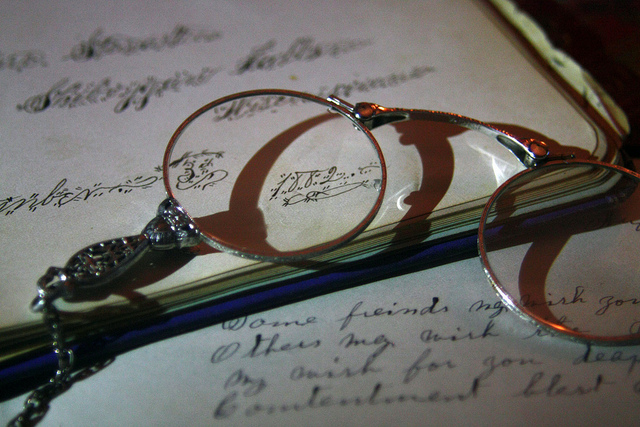Before you submit your academic or other paper for review, you should take a few minutes to carefully proofread and, if necessary, edit your work so that it reflects your best effort. You should always spell check your written work and read it thoroughly….at least twice. While you are reading, you should be looking for and correcting errors in terms of punctuation, spelling, English usage, vocabulary, logic, etc.
Of course, there are thousands of words in the English language and just as many ways in which you may make errors. However, for the purposes of this paper, let us concentrate on only a few problem areas.
What is the difference between your and you’re? Your is a pronoun; it is used to indicate possession. Here are three examples of the proper use of your:
- This is your room.
- The team approved of your idea for the fundraiser.
- Yes, your turn will come.
You’re is a contraction of you and are. It is used as follows:
- You’re my all-time favorite friend.
- He thinks that you’re not going to graduate on time.
- Mr. Johnson believes that you’re the right person for the job.
How about fewer and less? Both words are adjectives, but they are not used interchangeably. Fewer is used to describe objects or persons—in other words, things which can be counted. The following are examples of when to use fewer:
- She has fewer hats than Mary.
- How many fewer cookies did he eat than Elsa?
- Mr. Jones has had fewer opportunities to speak to clients than I have.
Less is used in reference to things which cannot easily be counted. The following are examples of when to use less:
- There is less money is circulation now than in the 1990s.
- He is exercising less often than he did when he was younger.
- This school appears to have less structure than the one that we visited earlier today.
Two other words which are often confused are number and amount. As with fewer, number is used to describe objects or people—things which can be easily counted. The following are examples of the proper use of number:
- The number of people voting for Jones is higher than those who voted for Smith.
- What is the correct number of vehicles crossing the bridge each weekend?
- I read a large number of books every month.
Amount is used to describe those things which are not easily counted. The following are examples of the correct use of amount:
- There is a larger amount of water in the Pacific Ocean than that which is in the Atlantic Ocean.
- Which team seems to be displaying a greater amount of confidence?
- The United States has a larger amount of money in circulation than that in any other nation.
Another common error involves the use of who, that, and which. Use who when referring to people; use that or which when referring to other things. Here are some examples:
- He is the one who caused the problem.
- I like plants which do not require much upkeep.
- He made the one comment that was sure to cause an argument.
The following are words (with examples) which are easily and often confused:
- There……He is traveling there.
- There are many ways in which to skin a cat.
- There he is.
- Their…….That is their house.
- We accepted their apology.
- Did you speak to their mother?
- They’re…They’re not my friends.
- They’re always making us late.
- Do you think they’re coming?
Whose….Whose hat is this?
Harriet Beecher Stowe is the writer whose novel, Uncle Tom’s Cabin, is said to have contributed to the fiery debate that led to the Civil War.
- Who’s….Ruth is the one who’s always complaining.
- Who’s coming to the party with me?
People sometimes confuse where and were. Generally, that kind of error is simply a typo. However, in case you are not sure of the difference, where refers to a location, as in Where did you put my coat?
Were is the past plural of is, as in the following: They were in my house just a few minutes ago.
When it comes to writing effectively and correctly, there are thousands of other potential pitfalls that a good writer must avoid. If you are unsure of your writing skills, you might want to send your documents to a professional proofreading and editing service before you submit them.
